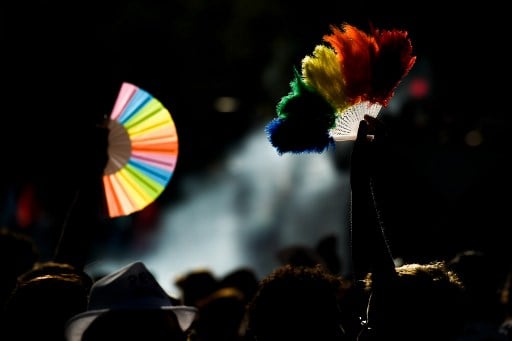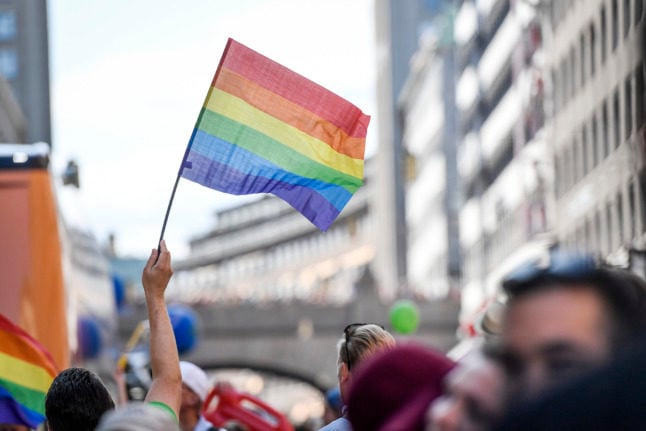1. A history of equal marriage rights
Between the legalization of gay marriage on June 30th 2005 and 2016, there were almost 40,000 gay marriages in Spain. In this respect, Spain was way ahead of other countries, legalizing same-sex marriage nine years before the UK and ten before the US. In the first full year after the legalization, 2006, 4,313 same-sex couples were married.
2. Starting a family
While other countries struggle with the issue of adoption by same-sex couples, it has been possible in Spain for years. On top of this, a children born by in vitro fertilization in Spain can be recognized as the child of the biological mother’s same-sex partner.
 Photo: Depositphotos
Photo: Depositphotos
3. Support and recognition for the trans community
It was as early as 2007 that a Law passed to allow people in Spain to change their name and gender without the need for judicial procedures or surgeries. The right to modify one’s gender on the Civil Registry also became possible with the Gender Identity law of 2007, although it has been pointed out that the process could be less restrictive.
As well as this, although Spanish is a gendered language, it is not uncommon for gender-neutral modifications of words, for example trading 'amigos' or 'amigas' for 'amigxs'.
4. Amazing Pride Celebrations
Spain is home to some of the world’s biggest and most vibrant pride celebrations. As well as parades in Barcelona, Sevilla and Valencia, Madrid’s pride festival is the biggest is Europe, with the parade being expected to attract around 2 million people this weekend.

Photo: AFP
5. Protection against discrimination
Although there is sadly no law against sexual-orientation based discrimination, over 85 percent of the Spanish population lives in an autonomous communities or region that offers broad protection against this type of discrimination, including Andalusia (2014/2018), Aragón (2018), Islas Baleares (2007), Cataluña (2014), Canarias (2014), Madrid (2016), Navarra (2017), Valencia (2018), Extremadura (2015), Galicia (2016) ), Basque Country (2012) and Murcia (2016).
6. Taking pride in the little things
Whether it may be the opening of a public retirement home specifically for gay people, or the adaption of traffic lights to celebrate pride, there are all kinds of measures in Spain to help work toward inclusion for all. In fact, a Pew Research Centre poll from 2013 indicated that 88 percent of Spaniards believe that society should accept homosexuality, compared to only 60 percent of people from the US.

By Alice Huseyinoglu
READ ALSO: Everything you need to know about Madrid Pride 2019



 Please whitelist us to continue reading.
Please whitelist us to continue reading.
Member comments